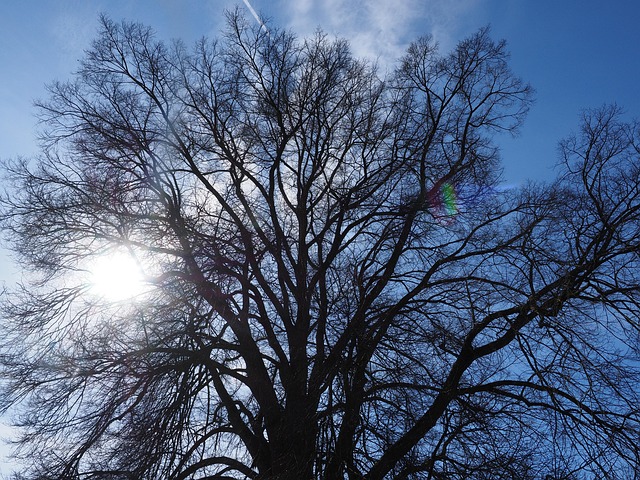Newsells Memories
BLHG has in it's Newsells estate archive, handwritten notes made by Sir Humphrey de Trafford, transcribed below. He purchased the estate in 1926. Alexander Crossman bought Cokenach estate about June 1896, and completed and took possession at Michaelmas. He had been looking out for an estate with some shooting, when Cokenach and 500 acres was offered to him. He purchased that, and increased his ownership to 5000 acres, when a year after purchasing Cokenach, he bought the Newsells estate, with all manorial rights attaching. However he determined to live at Cokenach, and Newsells remained empty for 2 years. (Ownership carried on with FW Woodhouse in 1900, J Darnton in 1913, and VC Vickers in 1918).
The old chapel that existed years ago was in decay when the Becketts (?) came here, and it consisted of a stone and slated structure buttressed at the west end, and contained a holy water basin with figures at the entrance, and a small stone ruined granite font inside. The stone fountain near the garden door was found in 1916 by Beckett. An old elm tree in the drying ground, (now a turkey run), measuring about 4 ft in diameter fell during the hurricane in the spring of 1916, and down in the hole it left was the top part of the basin. Mr Darnton had it unearthed, and placed on
the base it now rests on, which were flags from the floor of the old kitchen, and the holes in the bottom of the basin were cemented up.
The summer house or grotto was considered to be a very fine piece of work, and was decorated with a kind of shell work facing, portions of which still exist. The roof was watertight until a tree fell on it, and removed some of the slates. The two figures at the sides of the library door were at the sides of the grotto door. Mrs Woodhouse sold these two figures after the contract to sell the estate had been signed, and they were removed to the R.C. College near Puckeridge, but Mr Darnton insisted on their return as his property!
The ice house was regularly used in old days, and filled with ice from the ponds, which was found sufficient for most purposes for a considerable part of the year.
